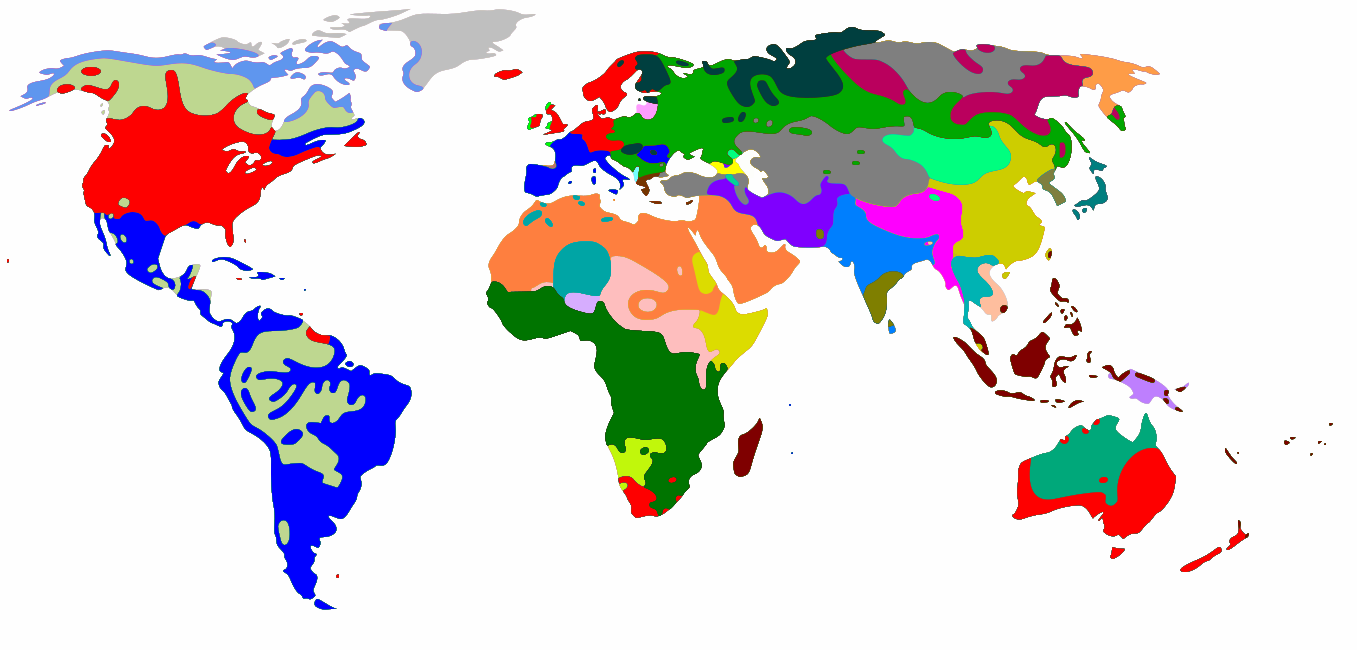How Many Languages Are Spoken in the World?

Although, there may seem like a straight answer—the Washington Post claims 7,102—it's trickier than that to identify the total number of languages in the world. However, most groups use a rough number to ascertain the number of languages; it is more common to read "roughly 6,500 spoken languages in the world" than to see an exact number.
The object of study in linguistics is human language, so wouldn't linguists be able to point to a specific number of languages? The answer is no. There is literally no set number of languages that would be considered scientifically valid in the field of linguistics. Of course, the difficulty posed by the number of obscure languages spoken in unexplored regions is a tiny problem, as are other logistical issues, but the larger issue is that numbering the languages alone is a tricky business.
If one looks at the number of languages in the world that have been identified historically, it appears that more and more languages are identified in each counting, but that isn't indicative of a growing number of languages. It, instead, shows a growing human understanding of how many different languages are identified in areas previously not considered or explored. Numbering has traditionally better represented human understanding of language diversity more than it has the actual diversity.
The majority of pioneering language identification work has been done by missionary groups, such as the Summer Institute of Linguistics (now known as SIL International). Their focus is on translating the Christian bible. By 2009, a portion, at least, of the bible had been translated by them into 2,508 different languages, which is impressive but far short of every known language.
The most extensive catalog of the world's languages, the generally agreed upon premier source, is that of Ethnologue (published by SIL International), whose detailed classified list as of 2015 included 7,102 distinct languages. It is from this source that the Washington Post developed their world language infographics.
4,122,278 people in Papua New Guinea speak 839 total distinct languages. Among America's 278,895,278 citizens, 422 languages are spoken.
Most assumptions about languages tend to be dispelled upon further study. For instance: languages are not universally distributed across the world. According to the latest numbers in Ethnologue, 4,122,278 people in Papua New Guinea speak 839 total distinct languages. Among America's 278,895,278 citizens, 422 languages are spoken.
The 422 may come as a surprise because English and Spanish are so frequently identified as the language cores of the US. But, before America had colonization, there were already over 150 languages being used in the country and many of them are still spoken. And, these pre and post colonization numbers fail to represent the degrees of capability that shade language use. Even within a language, the fluency with which one uses the language can create mini-languages. Fluent English will not look and sound like broken English or "Spanglish."
As soon as languages other than those of major countries with economic and political power are considered, increasing language diversity emerges.
But, despite a growing awareness of languages, the total number is in steady decline. Local forms of language deteriorate in the face of major language's advancement. If young people cease to learn or use a language, its disappearance can be timed alongside the deaths of its remaining speakers.
According to the Linguistic Society of America, roughly "a quarter of the world's languages have fewer than a thousand remaining speakers, and linguists generally agree in estimating that the extinction within the next century of at least 3,000 of the 6,909 languages listed by Ethnologue, or nearly half, is virtually guaranteed under present circumstances. The threat of extinction thus affects a vastly greater proportion of the world's languages than its biological species."
The exact number of languages can be roughly estimated by certain groups, but the specific number can never be identified. Suffice it to say, there are a huge number of languages, in varying states of advancement and decline, being spoken worldwide. Because of this, language translation is a vital part of any society's infrastructure.
In order for the speakers of all 422 languages of the US, for example, to access government documents and services, they must have the language to do so. Without language services this wouldn't be possible. If you ever feel stymied by a language communication barrier, look to the on-demand interpretation offered by Ablio and be happy you aren't trying to get things done in Papua New Guinea. Then, it would be really tough. But, Ablio, could help you out there, too.
Image by P. S. Burton. Licensed under Creative Commons Attribution-Share Alike 2.5 Generic, via Wikimedia Commons.
Using state-of-the-art IT & telecommunication technologies, ablio makes language interpretation services easily available to everyone, in any context, by creating tools and service platforms that are supported by its own community of live interpreters.
For further information please visit our websites:
● ablio.eu – General Website
● ablio.com – OPI Platform
● ablioconference.com – Simultaneous Interpreting Platform

